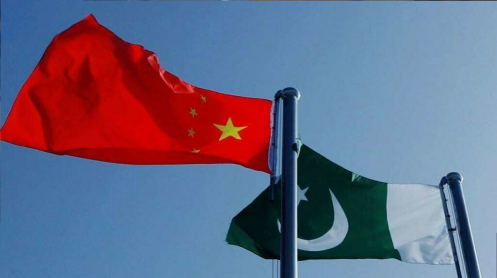ISLAMABAD: As an IMF team arrives to assess Pakistan’s debt repayment capabilities, the country is considering a 5-year extension on the $15.36 billion debt owed to Chinese Independent Power Producers (IPPs). This move requires approval from the Chinese government and its IPPs, necessitating extensive negotiations.
A top official confirmed to The News that reducing consumer tariffs by Rs1.1 from 2024-2029 and by Rs0.9 from 2030-2040 is being considered, potentially lowering the average tariff by Rs0.18 kWh from 2024 to 2040. Official analyses indicate that extending the debt tenor from 2036-2041 would increase the outstanding liability from $15.36 billion to $16.61 billion, an additional $1.3 billion over five years, or Rs377 billion in rupee terms.
Pakistani authorities argue that the current power tariff structure, which concentrates debt repayments in the first 10 years, burdens consumers heavily. Extending the debt tenor would spread this burden over a longer period, easing financial pressure on consumers and improving economic stability.
There are 21 ongoing IPP projects under the CPEC framework, including coal, hydropower, wind power, and one transmission line, with a total outstanding debt of $15.36 billion. Key projects include the Sahiwal Coal with $740 million in outstanding loans, Port Qasim with $872 million, and China Power Hub with $965 million, among others.
Negotiations at the Government-to-Government (G2G) level and with Chinese IPPs are required to secure the extension. This could reduce consumer burden, enhance cash flow, and stimulate economic growth in Pakistan. However, the financing cost is projected to increase by $1.257 billion after the negotiations.
The IMF has requested Pakistan to detail its outstanding liabilities, including pensions, State Owned Enterprises (SOEs), and subsidies over the next five years, to better gauge the government’s actual debt. Discussions on power tariffs between NEPRA and the IMF have been contentious, with potential baseline tariff increases of Rs5 to 7 per unit, raising the average tariff from Rs29 to Rs35 or 36 per unit. Gas tariffs are also expected to rise by over 60% from July 2024.
The government’s ability to initiate formal negotiations for a new bailout package depends on securing the IMF team’s consent during their visit.
Story by Mehtab Haider







